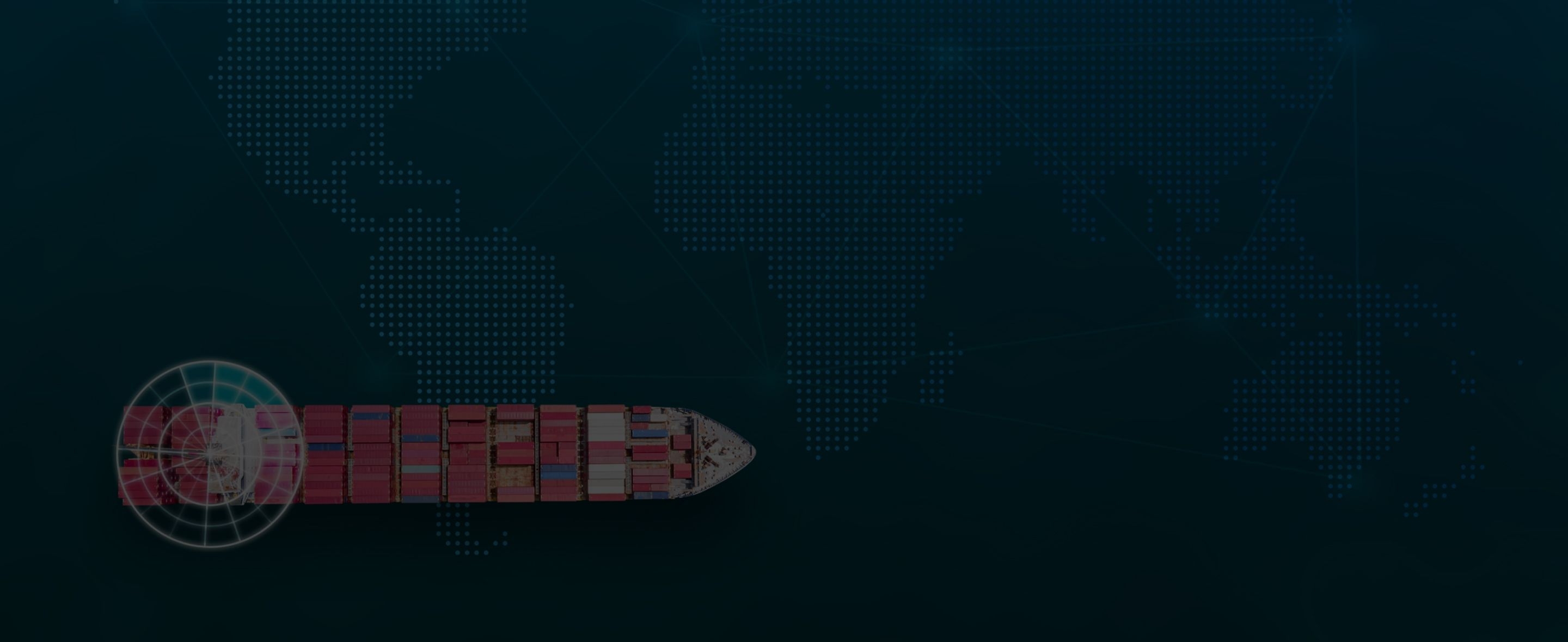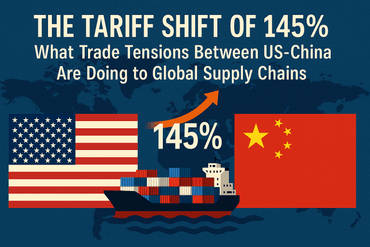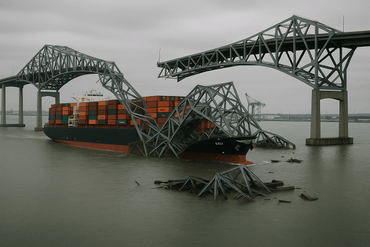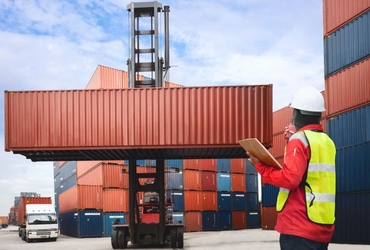
Survey: What shippers think about the digitalization of ocean freight services



When talking about the digitalization of the ocean freight industry, one common sentiment held by both the media and industry experts is that the race towards the digitalization of the sector has begun. Slowly (in comparison with other industries) but surely, technology has permeated the industry’s main processes and is a key focus of important players.
There are, however, differences in opinions regarding certain aspects of digitalization, such as its advantages and disadvantages, the opportunities and challenges the sector faces upon full adaptation, and how digitalization will redefine the sector over the next five or ten years. This comes as no surprise, given the varying roles and responsibilities of the different players in the industry. Digitalization will affect them in different ways, and each will have its own specific way of adopting technology.
This wave of digitalization also has to be looked at and valued from the non-provider point of view; that is, the shipper. That said, we set out to find out what shippers really think about the current state of the ocean freight industry and the digitalization of its services.
Survey focus
Despite the surprisingly low number of freight forwarders and shipping companies that have begun adapting to technology, figures from our study show an overall interest from shippers in the digital ocean freight services:
- 72% of shippers who took part in our survey say they have used the digital ocean freight services provided by freight forwarders
- 96% say they’re convinced that technology serves to add value to the user when dealing with procedures related to the maritime sector
Has the industry really started to embark on its technological transformation? What are the main benefits of managing ocean freight services online? What is it that shippers value the most about digital freight forwarders and what do they think can be improved?
Here are the results of our study on what shippers think about the digitalization of ocean freight services.
Survey data
Survey was sent to more than 500 companies, of which 200 (40%) responded.
Method: Distribution via email and social media
Dates: Between May 1 and May 15, 2018
Profile of respondents: Managers and executives of companies that engage ocean freight services for import or export purposes.
Survey results
1. Do you think technology adds value to the user for operations and procedures related to ocean freight?
Nearly an ubiquitous yes here, with 96% of the respondents indicating their opinion that technology adds value to users dealing with operations and procedures in ocean freight.
![]()
2. As users of ocean freight services, do you see any signs of the sector beginning its technological transformation?
67% of those surveyed say they’ve begun to see signs that the sector has started its technological transformation.
![]()
3. How do you think the incorporation of technology in the processes carried out by freight forwarders can benefit you as a user?
- 95.1% say that the adoption of technology in maritime transport gives them access to a wider range of operators and better services due to increased competition.
- 97.3% believe that new technology will help the industry improve the prices of services offered.
- 96.2% believe that the technological transformation will hasten certain aspects such as hiring and provision of services.
- 96.3% foresee an improvement in communication and price transparency.
- 97.5% hope that technology can help facilitate and simplify procedures and processes.
4. How long do you think it’ll take before digital ocean freight services become the norm?
75% of those surveyed believe this will happen within the next five years.
![]()
5. Are you a client of a digital freight forwarder?
72% of respondents indicate that they’re clients of a digital freight forwarder.
![]()
6. In your opinion, what are the most valuable services offered by a digital freight forwarder?
With regards to the services of a digital freight forwarder, 46% of those surveyed say they value the convenience of managing their documents online.
23% enjoyed instant quote features, 17% quality-to-price ratio, and 14% like the wider range of routes and rates offered.
![]()
7. In which aspects do you think digital freight forwarders are lacking compared to traditional freight forwarders?
58% of respondents would like to see more competitive prices from digital freight forwarders, while another 20% indicate that they’d like to see more efforts towards building trust.
![]()
In which aspects do you think traditional freight forwarders are lacking compared to digital freight forwarders?
The different aspects of traditional freight forwarders shippers would like improved include ease of handling documents (22%), followed by price transparency (20%), and speed of offering container shipping rates (16%).
Others also indicated longer office hours (14%) and better customer service (11%).
![]()
- 1. Survey focus
- 2. Survey results1. Do you think technology adds value to the user for operations and procedures related to ocean freight?2. As users of ocean freight services, do you see any signs of the sector beginning its technological transformation?3. How do you think the incorporation of technology in the processes carried out by freight forwarders can benefit you as a user?4. How long do you think it’ll take before digital ocean freight services become the norm?5. Are you a client of a digital freight forwarder?6. In your opinion, what are the most valuable services offered by a digital freight forwarder?7. In which aspects do you think digital freight forwarders are lacking compared to traditional freight forwarders?In which aspects do you think traditional freight forwarders are lacking compared to digital freight forwarders?
Related Articles


